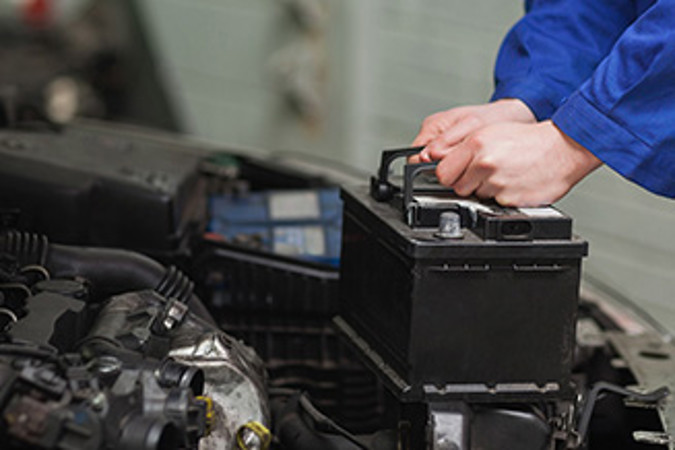- The first is Undercharging. This is the most common cause of a flat battery. The alternator in older vehicles would be charging the battery whenever the engine was running, and would continue to do so even after it reached full charge. This isn’t good for fuel economy, and so newer vehicles have alternators which they can engage or disengage to reduce their CO2 emissions and improve fuel economy. They tend to leaning harder on the battery and often it will never bring it right back up to full charge. Also, if you’ve got a car that is killing batteries in quick succession, it’s a sign that the vehicle's charging system may have a fault.
- The second reason is Human Error - None of us are perfect. Leaving the headlights or interior lights on, or not closing the boot properly can all potentially flatten a vehicle's battery overnight. There can also be issues with glovebox or boot lights staying on if their switches aren’t working properly.
- The third cause could be Parasitic drain - This is caused by components in the vehicle which continue to draw power after the engine has been turned off. The most common offenders are dashcams, alarm systems, or electronic rust prevention systems. These items can gradually wear a battery down over time.
- The fourth reason could be Driving habits - If a vehicle is driven on a lot of small trips, the battery may not receive enough charge to recover the energy lost cranking the engine at the start of the journey. Lead-acid batteries also lose power gradually over time when not in use, so batteries in vehicles which are rarely driven will eventually end up going flat.
- And the last reason is – it could just be an old battery. Old batteries are simply not as good at holding their charge - so if a vehicle consistently won't start it is possible that the battery has reached the end of its life. Lead-acid batteries last 42 months on average, so if a battery is beyond this age it is living on borrowed time.
If your battery went flat much quicker than expected, it is important to have an expert investigate whether any problems exist with the vehicle's charging system before a new battery is fitted.
 Homepage
Homepage
 Homepage
Homepage


